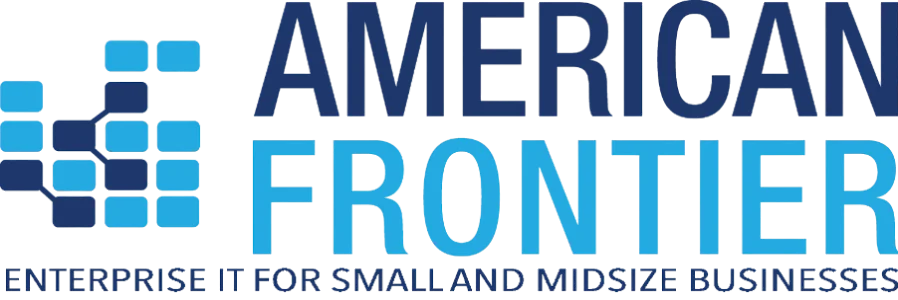July 14, 2025
Many small business owners mistakenly believe that regulatory compliance is only a concern for large corporations. In 2025, this misconception couldn't be more inaccurate. As regulations tighten across industries, small businesses are increasingly targeted by enforcement agencies for compliance violations.
The Growing Importance of Compliance
Regulatory authorities such as the Department of Health and Human Services (HHS), Payment Card Industry Security Standards Council (PCI SSC), and the Federal Trade Commission (FTC) have ramped up their efforts to safeguard data and protect consumer privacy. Failing to comply is not just a legal risk—it poses significant financial and reputational threats that can devastate small businesses.
Essential Regulations Impacting Small Businesses
1. HIPAA (Health Insurance Portability and Accountability Act)
If your business manages protected health information (PHI), HIPAA regulations apply. Recent updates highlight:
●
Mandatory encryption of electronic PHI.
●
Regular risk assessments to identify and mitigate vulnerabilities.
●
Comprehensive employee training on data privacy and security protocols.
●
Incident response plans to address potential data breaches swiftly.
Noncompliance can lead to severe penalties. For example, in 2024, the HHS fined a small healthcare provider $1.5 million for insufficient data protection.
2. PCI DSS (Payment Card Industry Data Security Standard)
Businesses processing credit card payments must comply with PCI DSS. Key requirements include:
●
Secure storage of cardholder data.
●
Continuous network monitoring and testing.
●
Implementation of firewalls and encryption protocols.
●
Strict access control measures to limit data access.
Penalties for noncompliance can range from $5,000 to $100,000 per month, depending on the violation's severity and duration.
3. FTC Safeguards Rule
Companies collecting consumer financial data must:
●
Create a written information security plan.
●
Appoint a qualified individual to manage security protocols.
●
Perform regular risk assessments.
●
Adopt multifactor authentication (MFA).
Violations can incur fines up to $100,000 per incident for businesses and $10,000 for responsible individuals. The risks are real and significant.
Consequences of Ignoring Compliance
Consider a small medical practice that fell victim to a ransomware attack due to outdated security measures. They faced a $250,000 fine from the HHS and suffered a loss of patient trust, resulting in a sharp decline in business. Taking control of your data security is essential!
How to Achieve Compliance
- Perform Thorough Risk Assessments: Continuously evaluate your systems to uncover and fix vulnerabilities.
- Deploy Strong Security Measures: Utilize encryption, firewalls, and multifactor authentication to safeguard sensitive information.
- Educate Your Team: Make sure employees understand compliance rules and best practices.
- Establish an Incident Response Plan: Prepare a clear strategy to address potential security breaches.
- Collaborate with Compliance Specialists: Work with experts to navigate complex regulatory landscapes effectively.
Take Action Before It's Too Late
Compliance is more than a legal duty—it's vital to your business's trustworthiness and sustainability. Ignoring these mandates can lead to crippling fines and irreversible damage to your brand.
Ready to Evaluate Your Compliance Status?
We provide a FREE 15-Minute Discovery Call to help you uncover risks and ensure your business aligns with all regulatory standards. Don't let compliance gaps threaten your success.
Click here or call us at 919-741-5468 to schedule your FREE 15-Minute Discovery Call today.





